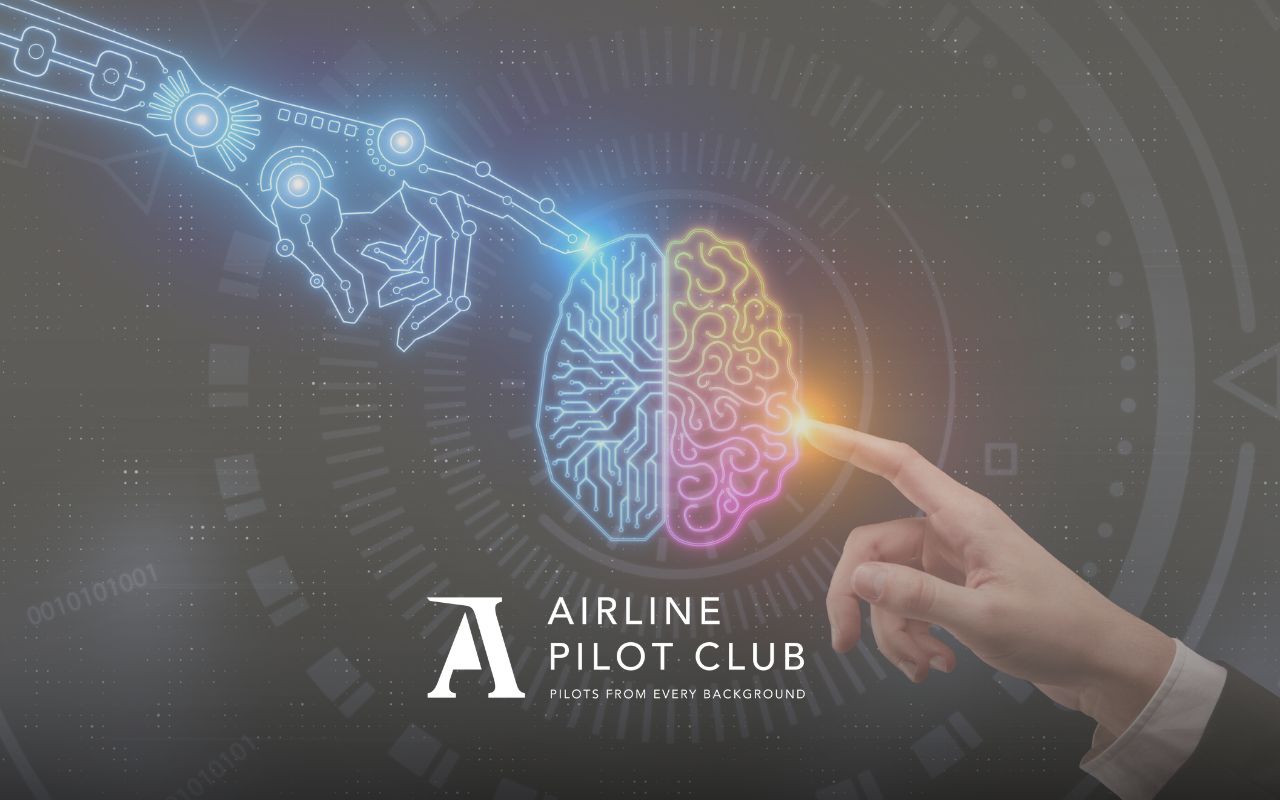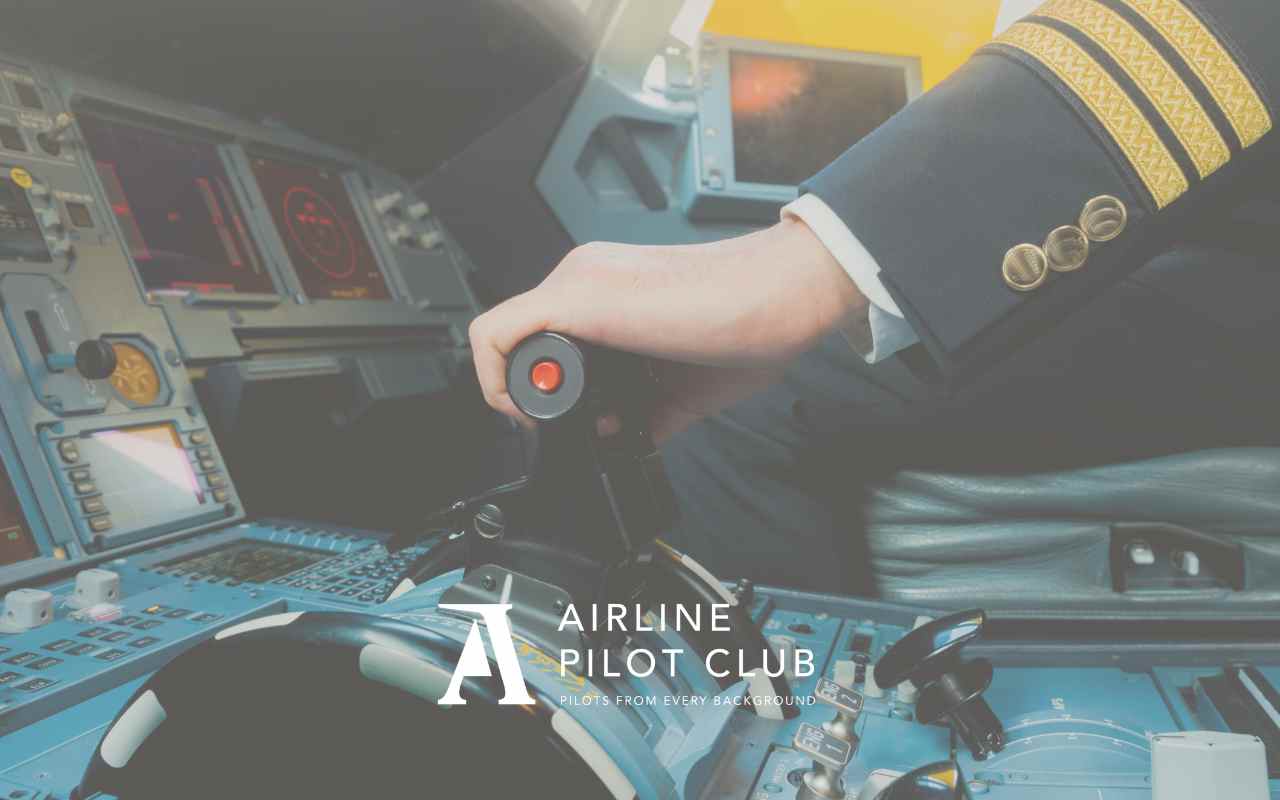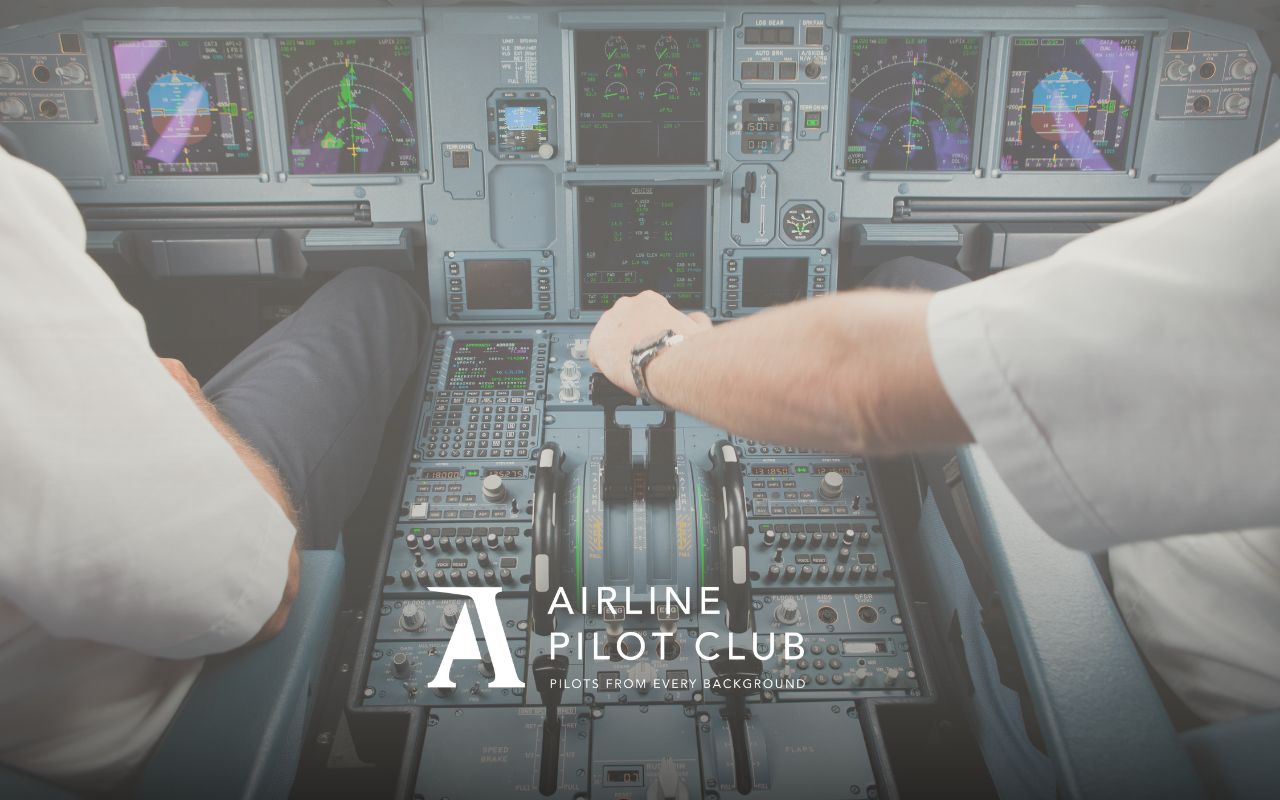The future of aviation safety is being reshaped by the integration of Artificial Intelligence (AI) into pilot training programs. This evolution is poised to dramatically enhance the ways in which pilots are prepared for the complexities of modern flight operations.
AI's Role in Enhancing Flight Safety
AI brings to the table unparalleled capabilities in analysing vast amounts of data, predicting outcomes, and providing actionable insights. In the context of pilot training, AI can simulate a range of flight scenarios, including emergency situations, allowing pilots to practice responses to potential crises without real-world consequences. This not only enhances their skills but significantly improves flight safety.
Scenario-Based Training
Using AI, training programs can create highly realistic, varied, and complex scenarios that mimic rare but critical flight conditions. This is invaluable because it prepares pilots for the unexpected, ensuring that they are well-equipped to handle any situation. Moreover, AI's ability to adapt scenarios in real-time based on the pilot's responses further personalises the learning experience, reinforcing lessons and improving skills retention.
Predictive Safety Measures
AI can predict potential safety issues before they occur by analysing trends and outlier data from training sessions. This predictive approach means that training programs can be proactive rather than reactive, addressing potential weaknesses in pilot performance before they translate into real-world errors.
Continuous Learning and Improvement
AI systems facilitate continuous learning by providing pilots with ongoing feedback and recommendations based on their performance. This aspect of AI is crucial for maintaining high safety standards and ensuring that pilots’ skills do not deteriorate over time. Continuous learning supported by AI aligns with the aviation industry's commitment to lifelong learning and constant improvement, crucial for safety and efficiency.
Integrating AI with VR and AR Technologies
The integration of AI with Virtual Reality (VR) and Augmented Reality (AR) technologies offers new horizons for flight safety training. For instance, VR combined with AI can create immersive simulation environments where pilots can practice not only technical skills but also soft skills such as leadership, communication, and crisis management under pressure.
Challenges to AI Implementation
While the benefits are substantial, the integration of AI into pilot training programs does not come without challenges. These include high initial costs, the need for significant data inputs, and the potential for over-reliance on technology. Moreover, there is a need for regulatory frameworks that can keep pace with the rapid development of AI technologies in aviation.
The Future Outlook
As AI technology continues to evolve, its integration into pilot training programs is expected to become more advanced and widespread. Future developments may include more sophisticated AI models that can better mimic human learning processes, making training even more effective and efficient.
AI's potential to improve flight safety through enhanced pilot training is immense. By enabling more personalised, responsive, and comprehensive training experiences, AI is setting a new standard for what it means to be prepared for the demands of modern aviation.




